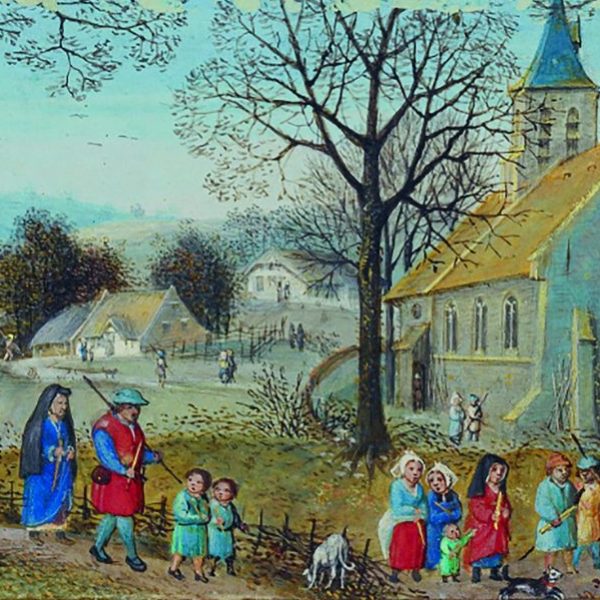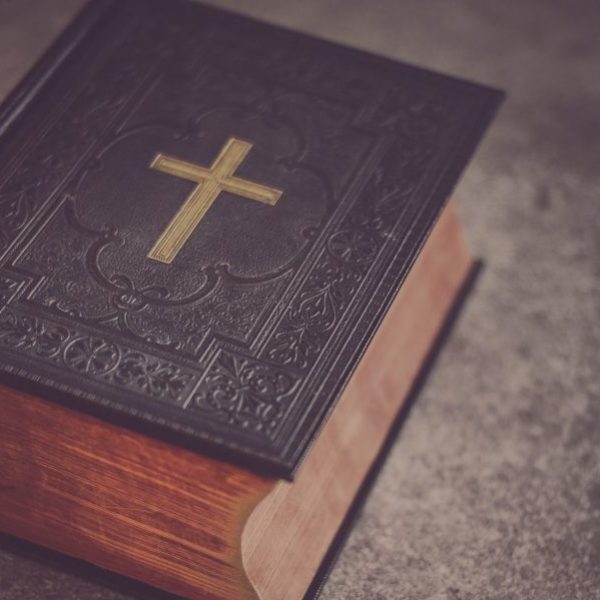Rethinking Resurrection
 Only rarely in biblical scholarship does a book come along that topples a monolith of scholarly consensus. Resurrection and the Restoration of Israel: The Ultimate Victory of the God of Life, a new book by Harvard professor Jon D. Levenson that explores the origins of the Jewish notion of the resurrection of the dead, tries to do just that.
Only rarely in biblical scholarship does a book come along that topples a monolith of scholarly consensus. Resurrection and the Restoration of Israel: The Ultimate Victory of the God of Life, a new book by Harvard professor Jon D. Levenson that explores the origins of the Jewish notion of the resurrection of the dead, tries to do just that.
Peter Steinfels, in a review of the book that appeared in the New York Times, elaborates:
Resurrection of the dead, it is argued, is a Johnny-come-lately notion, not found in the ancient texts of the Hebrew Bible, which treated mortality matter-of-factly. Instead, the doctrine was an innovation of the Maccabean period, found in the Book of Daniel, written between 167 and 164 B.C.E, when faithful Jews were being persecuted by the Hellenistic monarch Antiochus IV. With ideas borrowed from Zoroastrianism and other foreign sources, resurrection solved the puzzle of understanding divine justice when fidelity to the Law brought about not prosperity and length of years but martyrdom.
Professor Levenson’s new book, “Resurrection and the Restoration of Israel: The Ultimate Victory of the God of Life” (Yale University Press), is a frontal challenge to this account….
Professor Levenson does not deny that an unambiguous belief in resurrection of the dead makes a late appearance in Judaism, or that some groups, like the Sadducees, mentioned in the Gospels and by the historian Josephus, never accepted it.
He argues, however, that this late appearance was “both an innovation and a restatement of a tension that had pervaded the religion of Israel from the beginning.” The full-fledged doctrine of resurrection was not primarily a response to the needs of the moment or the challenge of martyrdom. It flowed from “deeper and long-established currents in the religion of Israel.”
To make this case, Professor Levenson works his way, step by step, through ancient texts and concepts. He explores the nature of Sheol, the Bible’s gloomy abode of the departed, and whether anyone was thought to have escaped it. He illuminates differences between modern understanding of individual identity and the ancient Israelite understanding of the self as embedded in family and nation — and what, therefore, overcoming death means in each case.
For him, resurrection is distinct from the afterlife that philosophers from the Greeks to Kant have posited on the basis of an immaterial and imperishable soul or that New Age teachers envision as a result of one’s own inward journeying. Resurrection is dependent on a gracious act of God, and it is intimately linked to an eschatology: a vision of the final culmination of history.
Read an excerpt from the first chapter of the book, “The Modern Jewish Preference for Immortality.”



